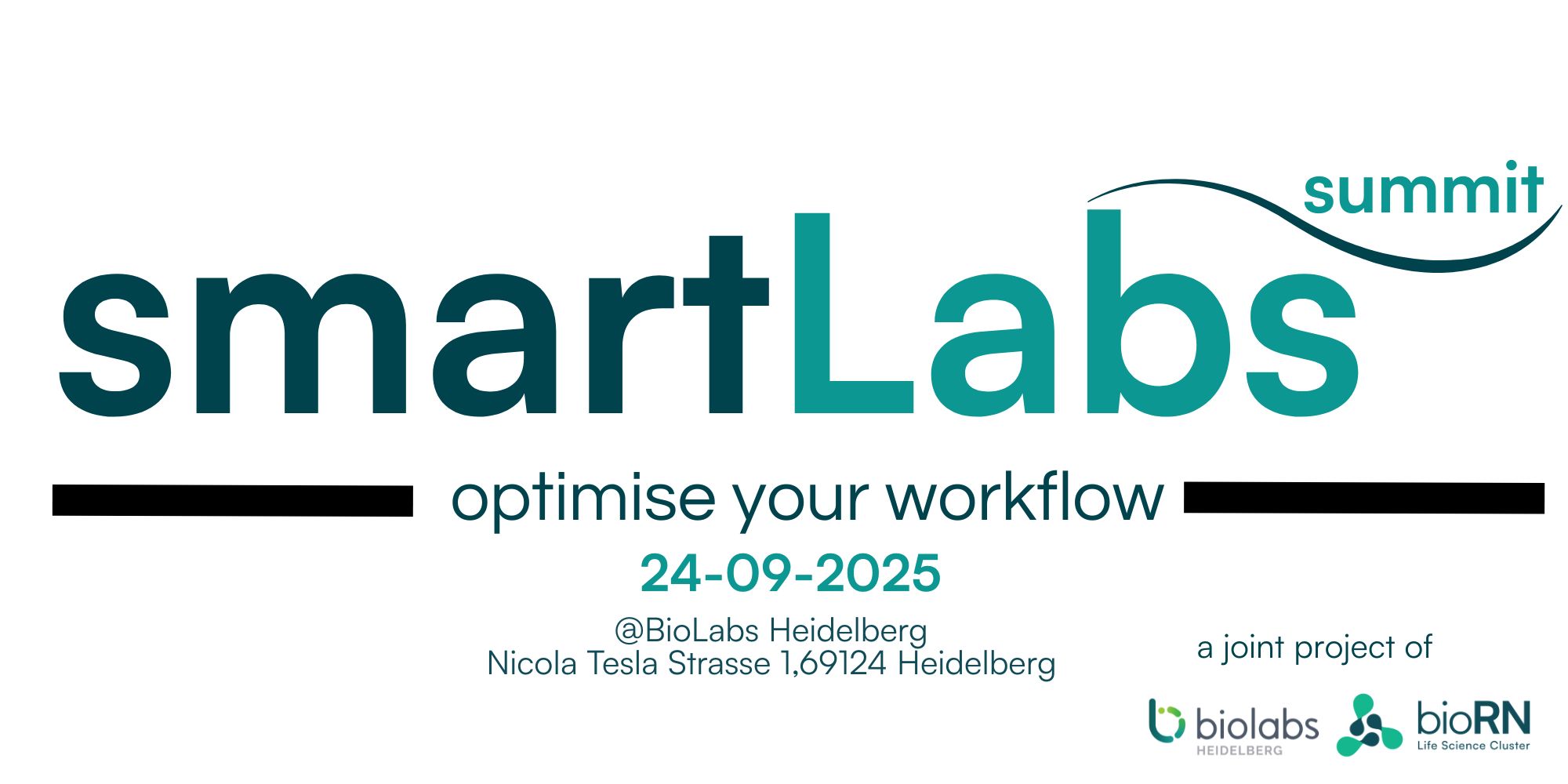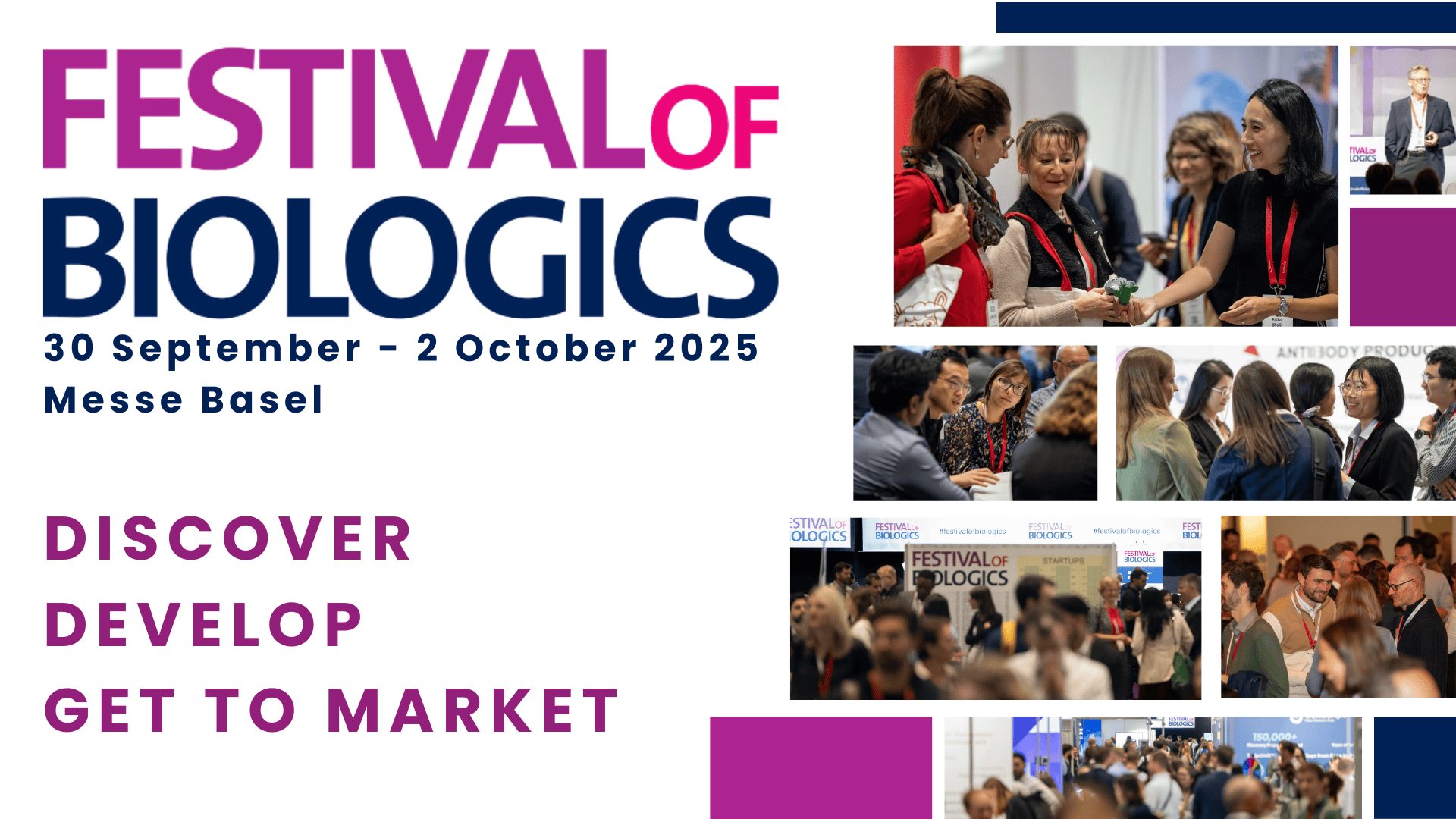Our latest news
All News
Research
Network News
bioRN News
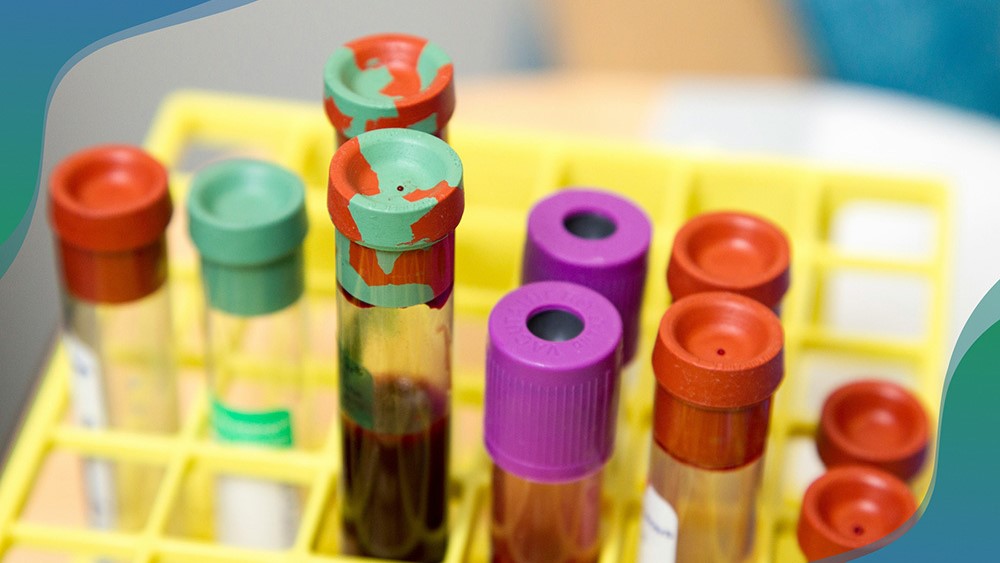
August 27, 2025
Finding a clue to the origin of treatment-resistant leukaemia in kids
New study points to stem cell-like cells as the origin of persistent disease and relapses New fundamental research could help combat treatment-resistant leukaemia and prevent relapses in children and adolescents. A group of scientists studied a certain type of leukaemia and identified individual stem cell-like cells responsible for relapses in kids. They have also precisely […]
read more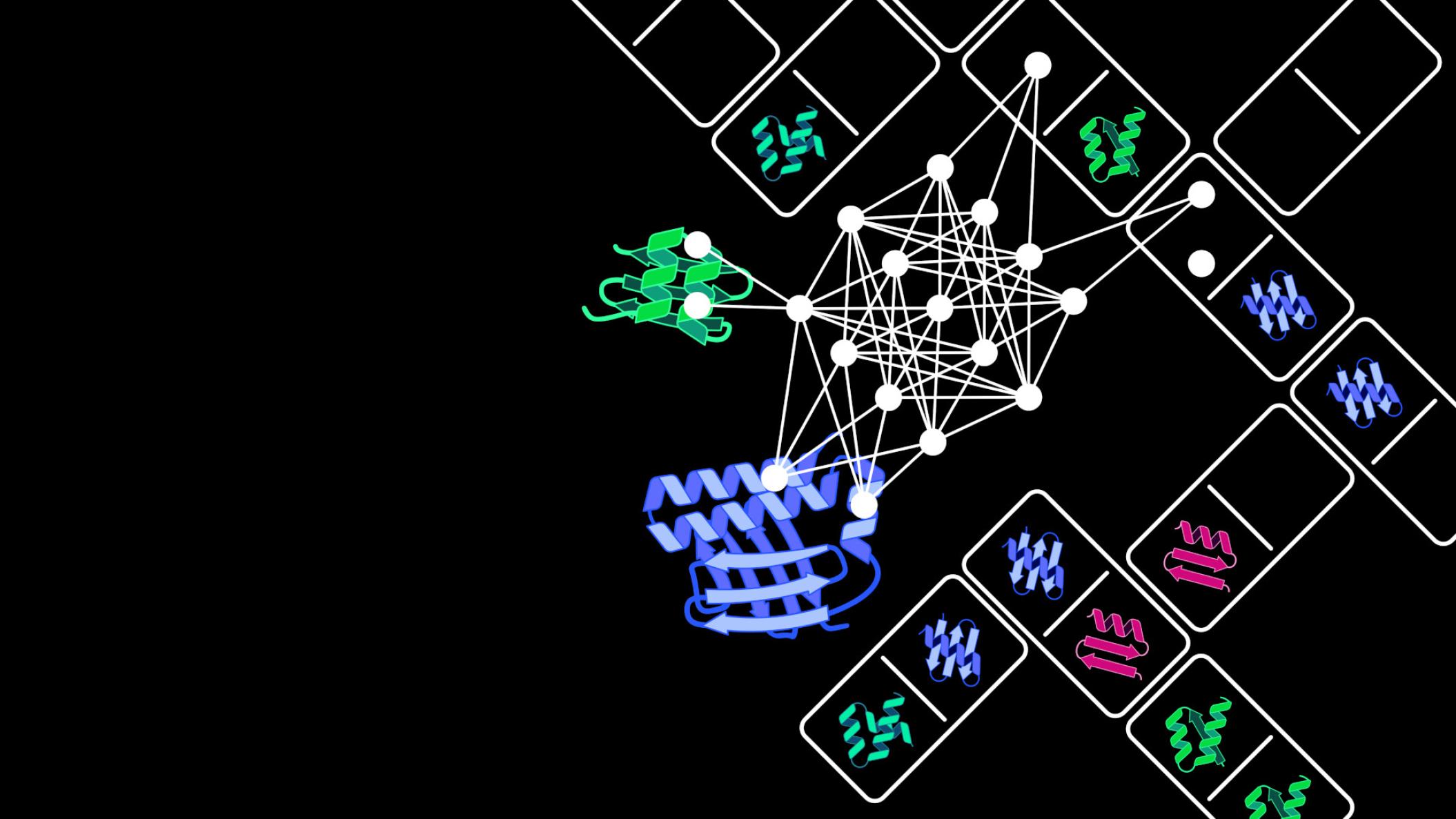
August 27, 2025
Playing Dominos: How an Artificial Protein Emerges from Fitting Together Individual Components
Heidelberg scientists develop AI model for producing new molecular machines in a targeted way The targeted engineering of artificial proteins with unique properties – that is possible with the assistance of a novel method developed by a research team led by Prof. Dr Dominik Niopek at the Institute of Pharmacy and Molecular Biotechnology (IPMB) of […]
read more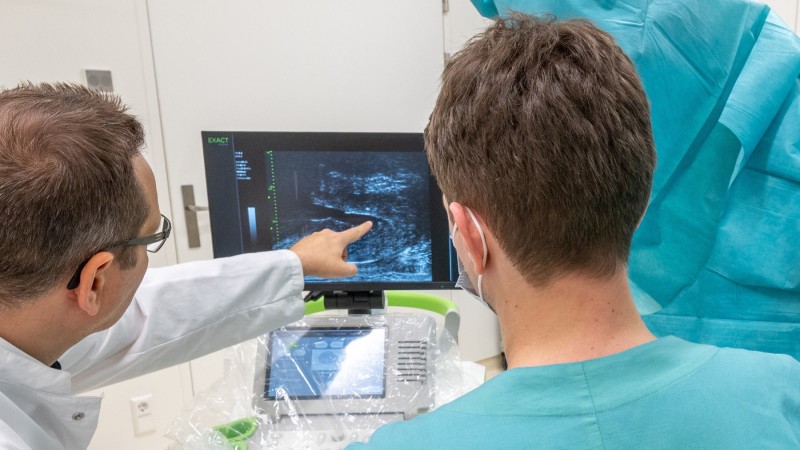
August 27, 2025
Even more precise prostate biopsy thanks to micro-ultrasound
The team at Heidelberg University Hospital’s Department of Urology, led by its new Medical Director Professor Johannes Huber, has introduced a new imaging technique called micro-ultrasound to assist with prostate biopsies in Heidelberg. This technique allows even the smallest tissue abnormalities to be targeted with great precision. Another advantage for patients is that magnetic resonance […]
read more
August 27, 2025
European Commission Grants Approval of Ogsiveo
Merck announced that the European Commission granted approval for Ogsiveo for the treatment of adults with desmoid tumors. 18 Aug 2025 | Darmstadt, Germany Merck, a leading science and technology company, announced today that the European Commission (EC) granted marketing authorization for OGSIVEO® (nirogacestat), an oral gamma secretase inhibitor, as monotherapy for the treatment of adults with progressing […]
read more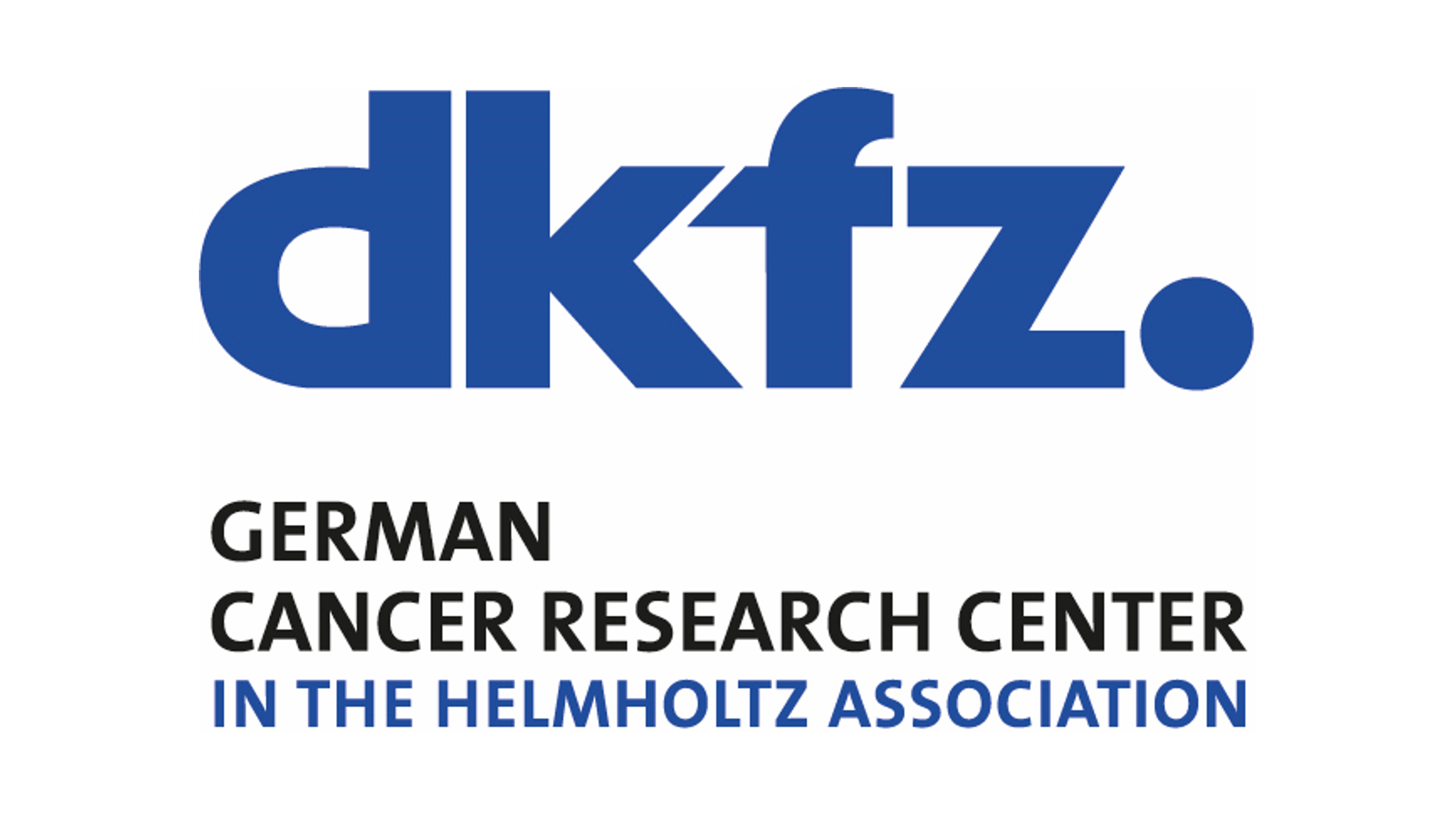
August 27, 2025
Freezing brain tumor cells in a dormant state
Every brain tumor is made up of cells in successive stages of activation. Researchers at the German Cancer Research Center (DKFZ) and Heidelberg University have now analyzed the individual structure of these activation pyramids in malignant brain tumors for the first time. In doing so, they discovered a signaling protein that slows down the transition […]
read more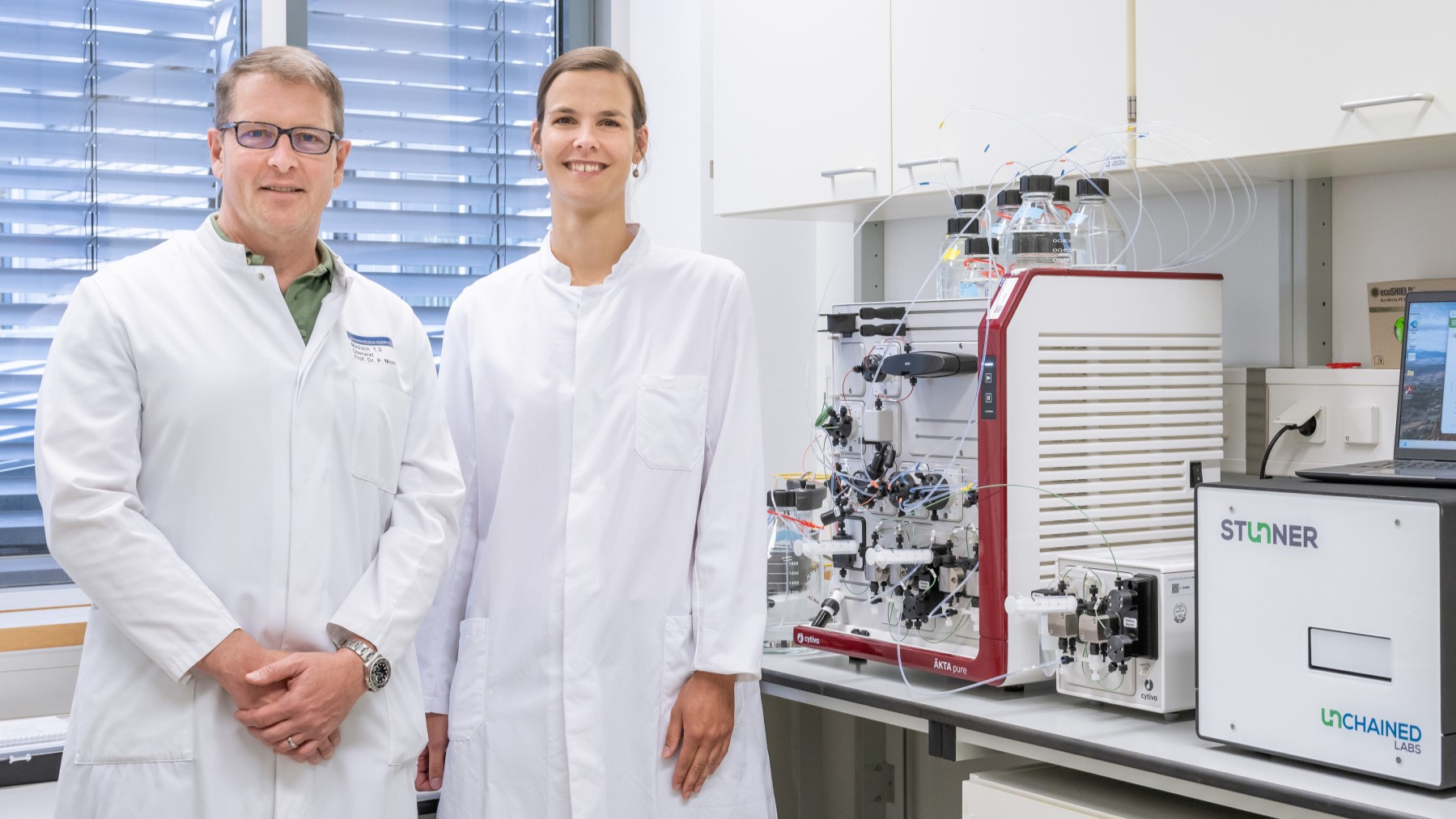
August 27, 2025
1.2 million euros in funding for the production of “gene taxis”
The Dietmar Hopp Foundation is supporting the establishment of an experimental production unit for gene therapies for the heart at Heidelberg University’s Medical Faculty, in the Department of Cardiology, Angiology, and Pneumology at Heidelberg University Hospital (UKHD). The new production capacities for therapeutic viruses, the “gene taxis” to the diseased heart, strengthen the pioneering role […]
read more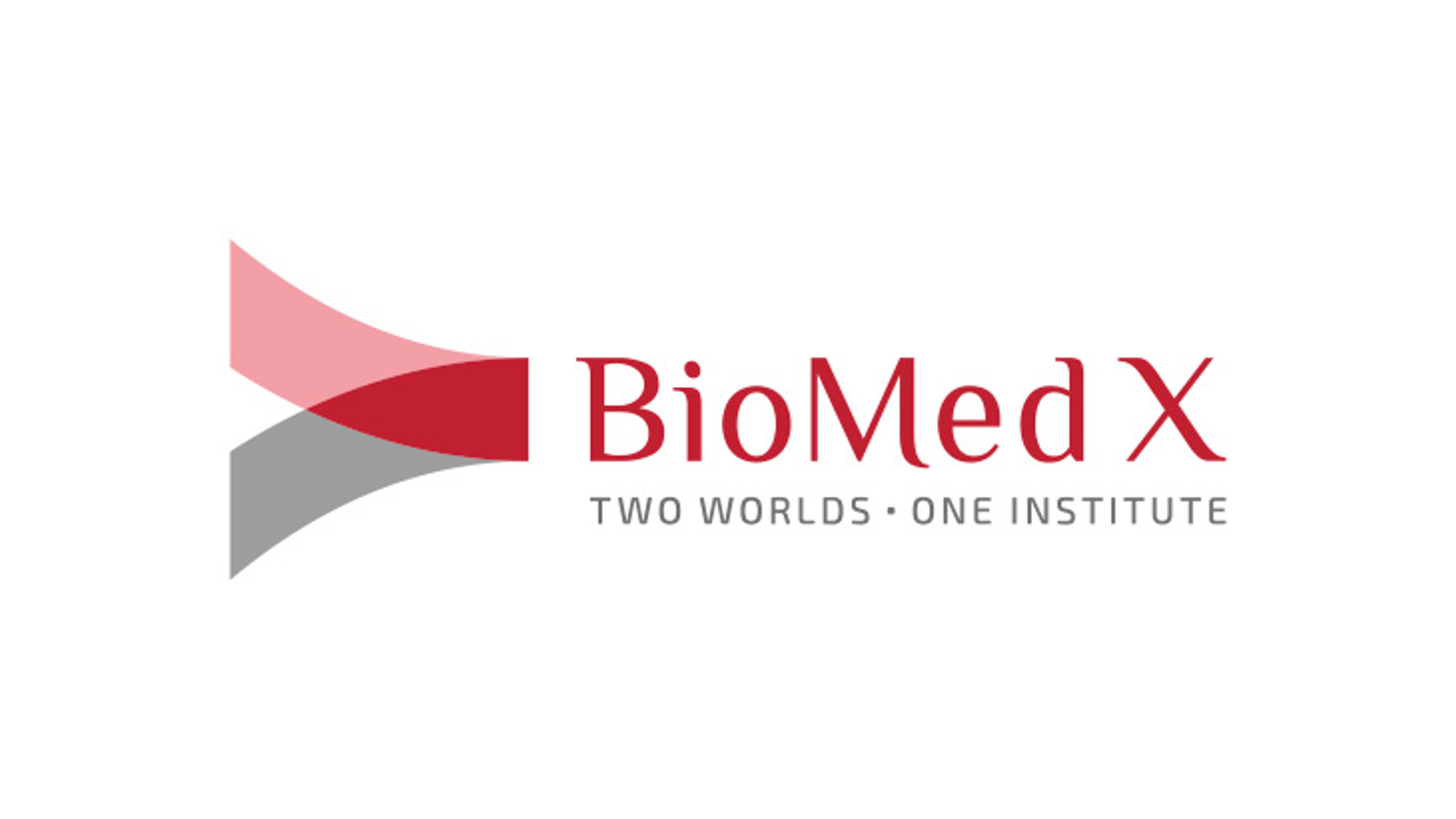
August 23, 2025
BioMed X and Novo Nordisk Launch New Collaboration in Oral Peptide Drug Delivery
The initiative aims to identify and support new ideas for innovative oral formulations for peptide drugs such as GLP-1 receptor agonists via BioMed X’s global talent sourcing and incubation model. Heidelberg, Germany, August 19th, 2025. BioMed X, an independent biomedical research institute based in Heidelberg, Germany, announced today the launch of a new collaboration with Novo Nordisk, […]
read more
August 23, 2025
FOXP1 syndrome: Potential therapeutic approach discovered for rare language development disorder
FOXP1 syndrome is a congenital disorder in which the brain development of affected children is severely impaired due to a genetic variant. To date, there are no treatments that target the root cause of the disorder. A research team from the Medical Faculty Heidelberg at Heidelberg University has now demonstrated in mice, that the inhibition […]
read more
August 23, 2025
International Research Award in Dentistry goes to Heidelberg Institute of Global Health
A great honor for Professor Dr. Dr. Stefan Listl from the Medical Faculty of Heidelberg University: The International Association for Dental, Oral, and Craniofacial Research (IADR) honored him at its annual meeting with the prestigious Distinguished Scientist Award in the field of social science, epidemiology, and health services research. This award is one of the […]
read more


